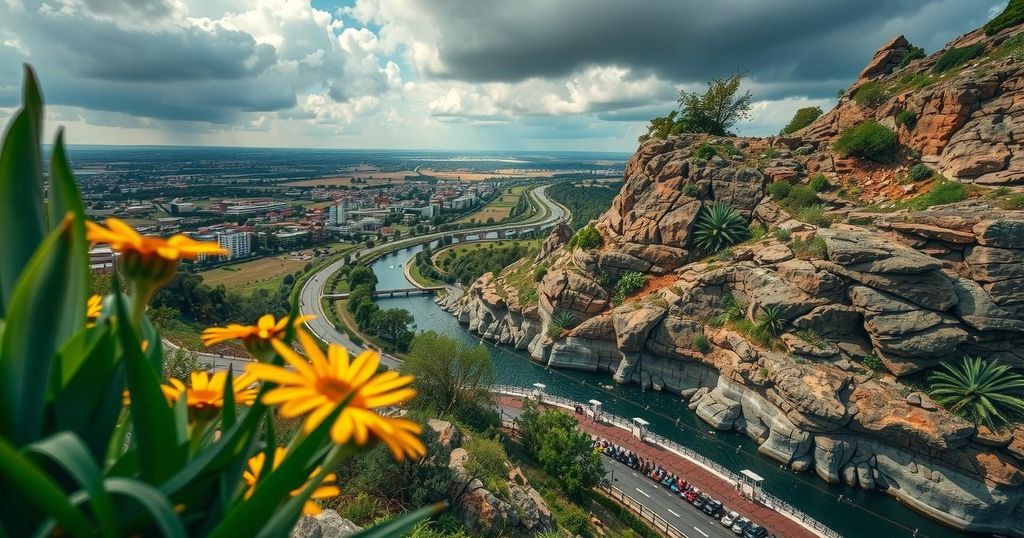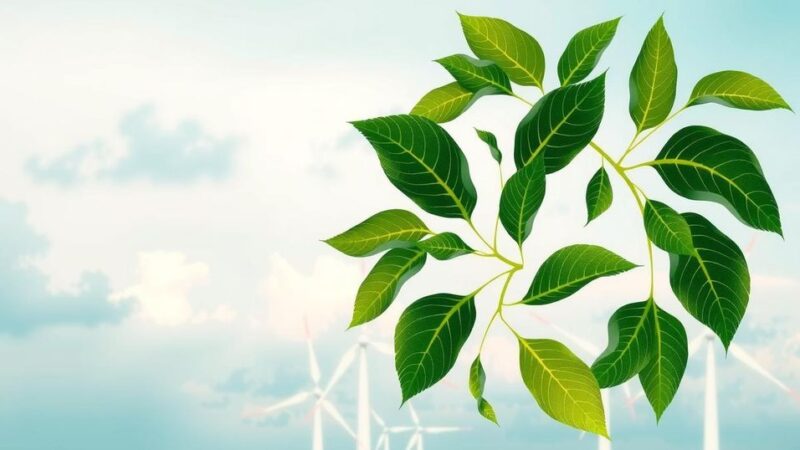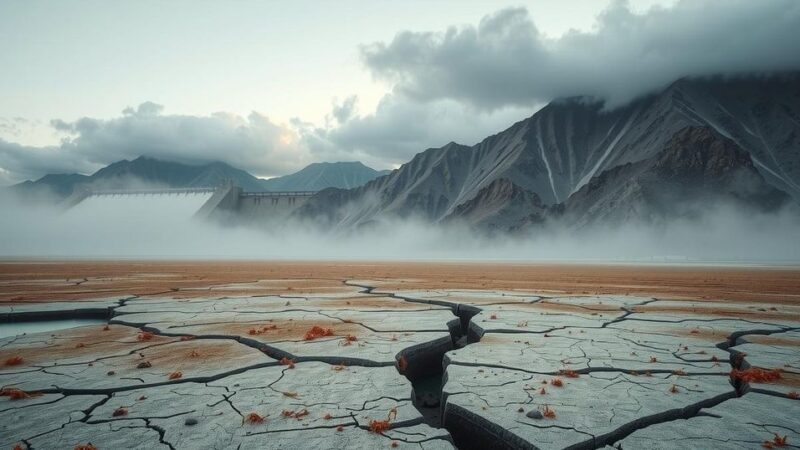The wetlands in the Lesotho Highlands, vital for the Lesotho Highlands Water Project that supplies Gauteng, are experiencing significant degradation due to overgrazing and infrastructure development. Loss of wetlands affects water quality and increases sedimentation, which threatens the sustainability of the LHWP. Ongoing efforts to restore these wetlands face challenges due to a lack of tailored interventions and baseline research. Experts emphasize the need for targeted management to improve ecological health and ensure long-term water security in the region.
The Gauteng region of South Africa relies heavily on the Lesotho Highlands Water Project (LHWP) for its water supply. However, significant issues have emerged concerning the degradation of crucial wetlands located in the Lesotho Highlands that are integral to this water management system. Researchers highlight that these montane and alpine wetlands, which are vital for regulating water inflow to the region’s dams, are collapsing at alarming rates, with approximately 21-24% loss recorded between 1995 and 2014. According to Johan van Tol, a South African soil science expert, this degradation poses a severe threat to water security in the already water-scarce Southern Africa. Peter Chatanga, an ecologist familiar with the region, emphasizes that the wetlands in the Lesotho Highlands are primarily palustrine, meaning they support vegetative growth that slows water flow and mitigates soil erosion. This role is crucial in reducing sedimentation within the LHWP dams. Yet, the factors contributing to the decline of these wetlands are complex, with communal grazing practices being a primary concern. The unregulated grazing in the river catchments exacerbates the situation, as noted by Chatanga, who elaborates on the increased accessibility to these areas due to infrastructure development linked to the LHWP, leading to heightened human pressures on these ecosystems. Inhabitants of these wetlands have seen a surge in the population of Sloggett’s ice rat, which indicates further degradation of the wetlands, as they create burrows that worsen the effects of flooding. Addressing the primary causes of overgrazing is seen as essential to reversing the negative impacts related to the presence of these rodents, according to Mpho Brown, a spokesperson for the LHDA. Despite prior attempts to mitigate environmental damage through integrated catchment management programs, their effectiveness remains contested. Brown asserts that the health of the wetlands and rangelands is improving based on internal assessments, while Phallang Lebesa, a former LHDA officer, indicates that many restoration efforts failed to yield sustainable results. The absence of comprehensive baseline research on wetland conditions renders the likelihood of successful interventions significantly diminished, according to Van Tol. The sedimentation issue in the LHWP dams, particularly affecting the Muela reservoir, is also a point of concern, with a substantial sediment accumulation observed since the dam’s completion. Current estimates of sedimentation rates raise alarms about the long-term viability of the LHWP, which is poised to affect water delivery to both Lesotho and South Africa. Although some experts downplay the immediacy of the sedimentation issue, other significant impacts on water management and infrastructure have been identified, necessitating ongoing attention and intervention.
The Lesotho Highlands Water Project (LHWP) is a critical water supply mechanism for the Gauteng region, delivering water from Lesotho to South Africa. However, the project’s sustainability is jeopardized by the degradation of wetlands that play a vital role in regulating water quality and quantity. These wetlands are essential not only for maintaining the ecological balance but also for reducing sedimentation in water reservoirs. The complex interplay of ecological degradation, human activities, and infrastructural development underscores the urgent need to address the underlying issues threatening these crucial water sources. The reported loss of significant percentages of wetland areas over recent decades raises alarm among researchers and water management authorities about the future of water resources in Southern Africa.
The health of wetlands in the Lesotho Highlands is critical to the sustainability of the Lesotho Highlands Water Project, which serves as a vital water source for Gauteng. The serious degradation of these wetlands, exacerbated by communal grazing and increased human activity, poses significant risks to water security in the region. Without comprehensive understanding and intervention based on thorough baseline studies, efforts to restore these ecosystems may fail. Continued monitoring and adaptive management practices are essential to mitigate the sedimentation challenges faced by the LHWP and ensure a reliable water supply for the future.
Original Source: allafrica.com






